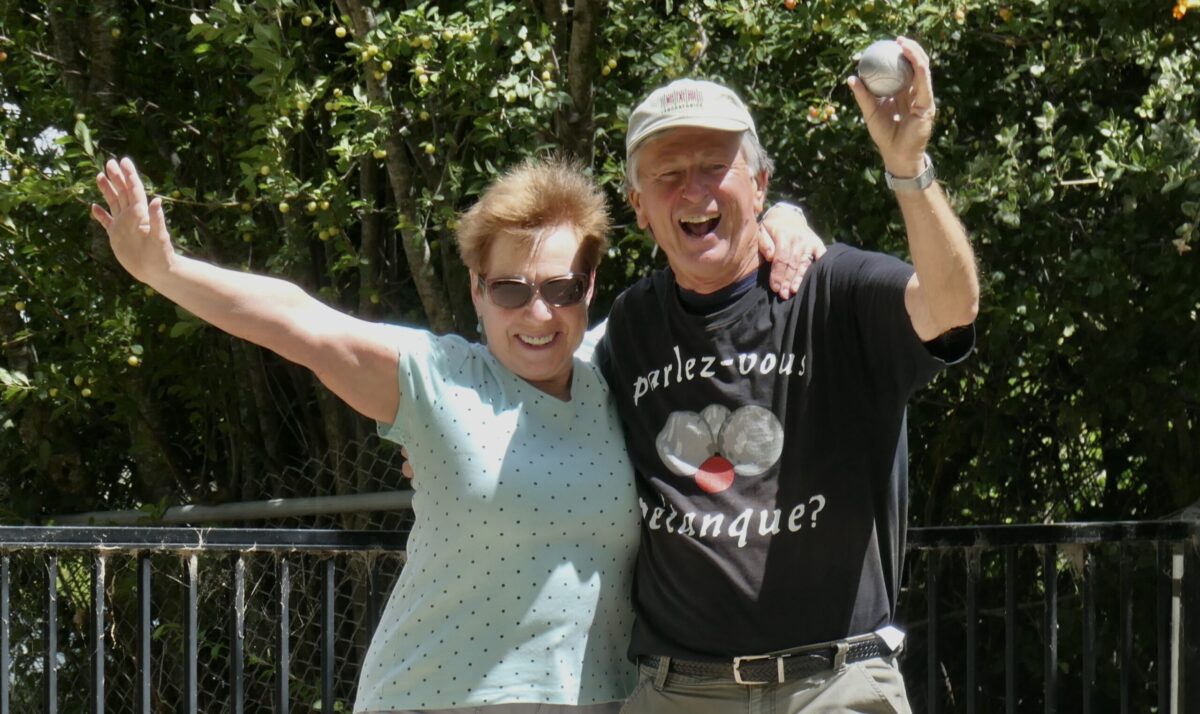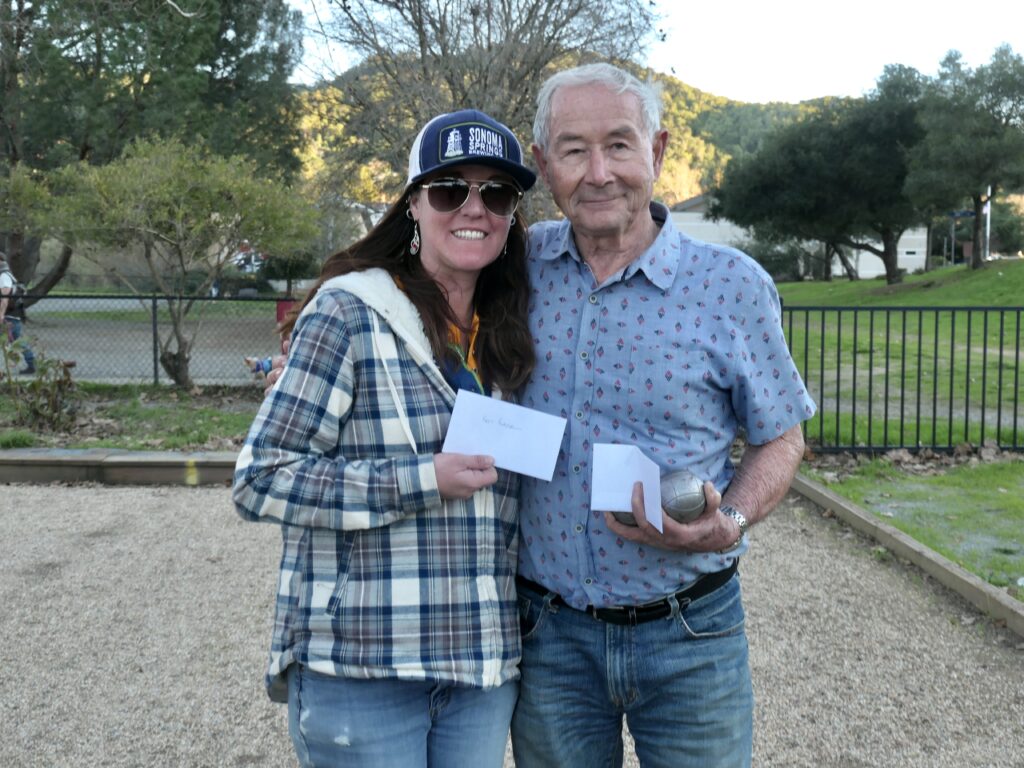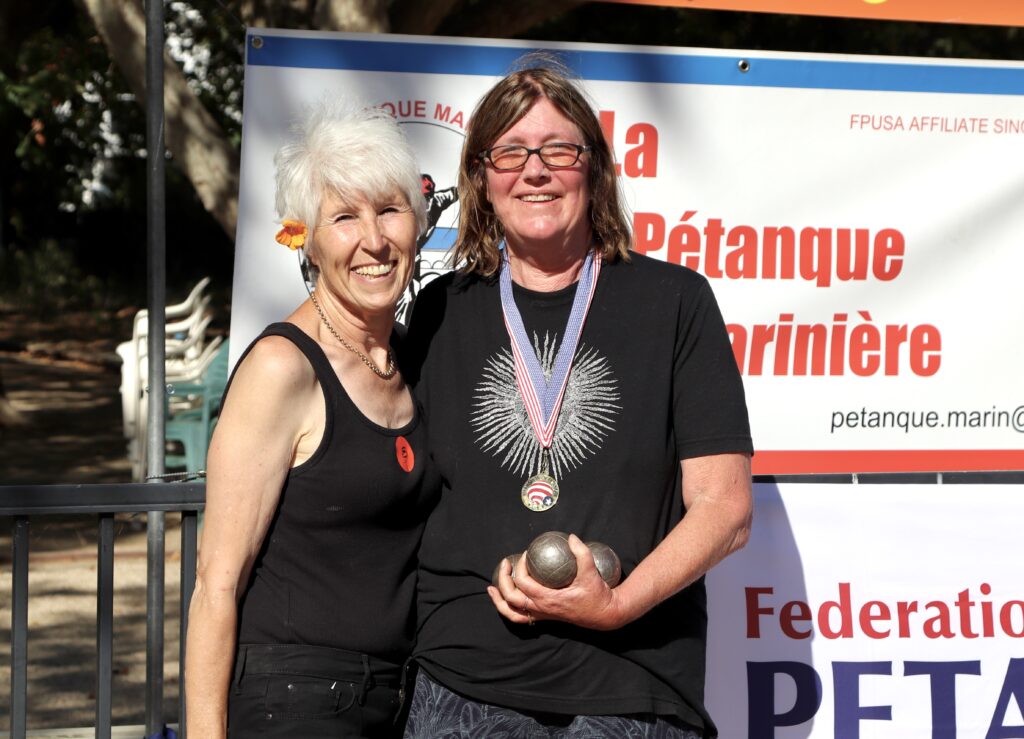 Most evenings, I unwind by watching some TV before heading to bed. I try not to succumb to sleep too early, as it might disrupt my carefully calibrated internal clock. Over time, my body has settled into a rhythm that ensures I get at least seven hours of sleep each night; deviating from this routine could throw this fragile mechanism out of balance. Television, therefore, serves as my trusted sleep-control tool.
Most evenings, I unwind by watching some TV before heading to bed. I try not to succumb to sleep too early, as it might disrupt my carefully calibrated internal clock. Over time, my body has settled into a rhythm that ensures I get at least seven hours of sleep each night; deviating from this routine could throw this fragile mechanism out of balance. Television, therefore, serves as my trusted sleep-control tool.
I often aim to watch a movie, but most seem uninspired duplicates of tired, overused plots. Once you’ve seen one, it feels like you’ve seen them all.
That’s when I turned to the French TV channel France 2. Its most appealing feature is the complete absence of commercials. However, I quickly discovered that many French movies can be just as bad as their American counterparts.
So, I shifted to watching French talk shows on YouTube, which tackle once-taboo subjects with boldness and a “damn the torpedoes” attitude.
One show I’ve particularly grown fond of is “Ça commence aujourd’hui”, hosted by the perky and ever-inquisitive Faustine Bollaert. The show focuses on unusual stories and situations, creating a provocative and entertaining experience.
The last show that I watched dealt with the sex lives of women “past their prime”. There was a former pornstar, a 64-old woman living with a 25 old man, a “cougar” around 55 who refuses to date any man above 35, a free-spirited woman “of a certain age” who collects lovers and discards them after a brief encounter, and an old priest married to a former parishioner.
This show gave a voice to elderly women who, despite their advancing age, are still looking for love, and interested in sex. They sometimes look oddly unglamorous but are vocal about their convictions and way of life.
“Older women are best because they always think they may be doing it for the last time.” — Ian Fleming
What makes this show interesting is its “no holds barred” approach. The protagonists say exactly what’s on their minds, even when some people find their convictions rather shocking.
What is my frank opinion about this topic? “If you’ve got it, by Jove, flaunt it.”
Alain


